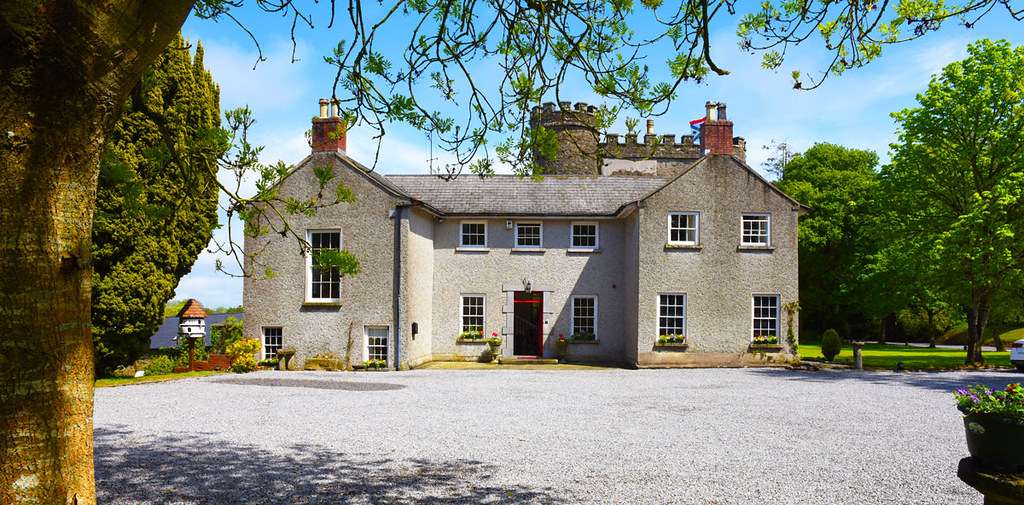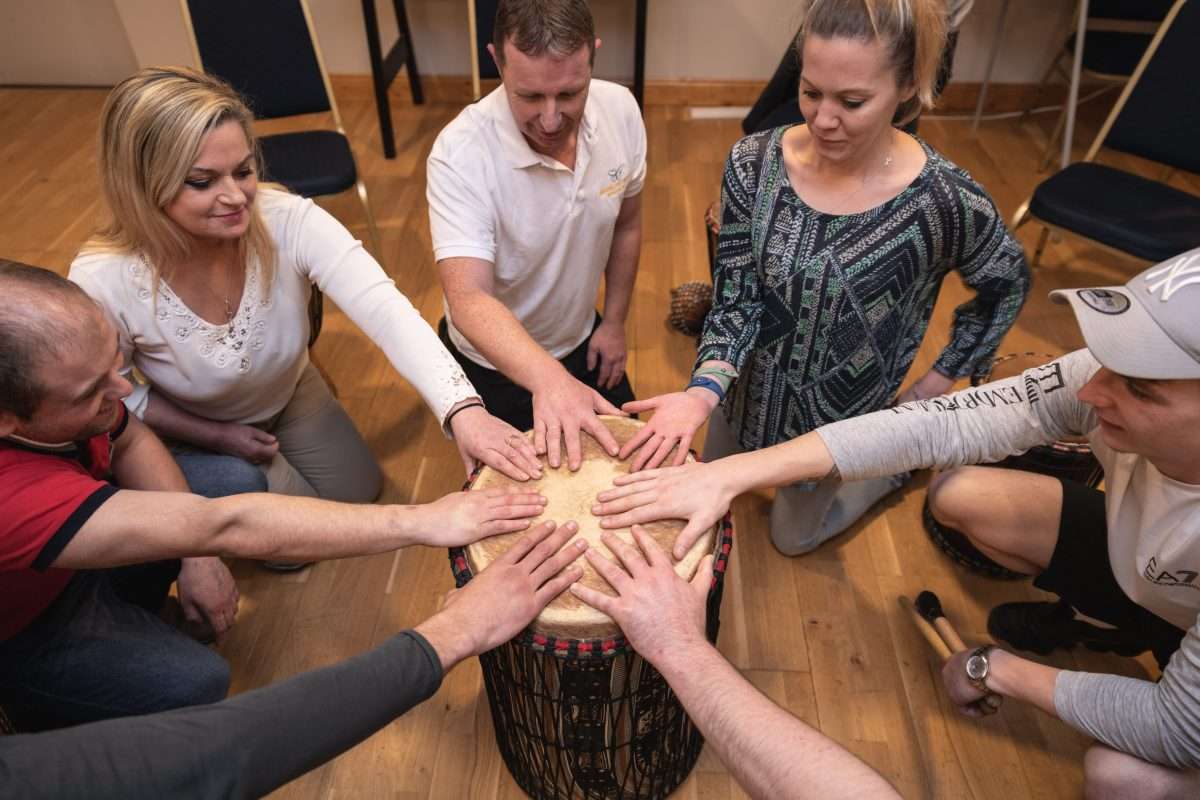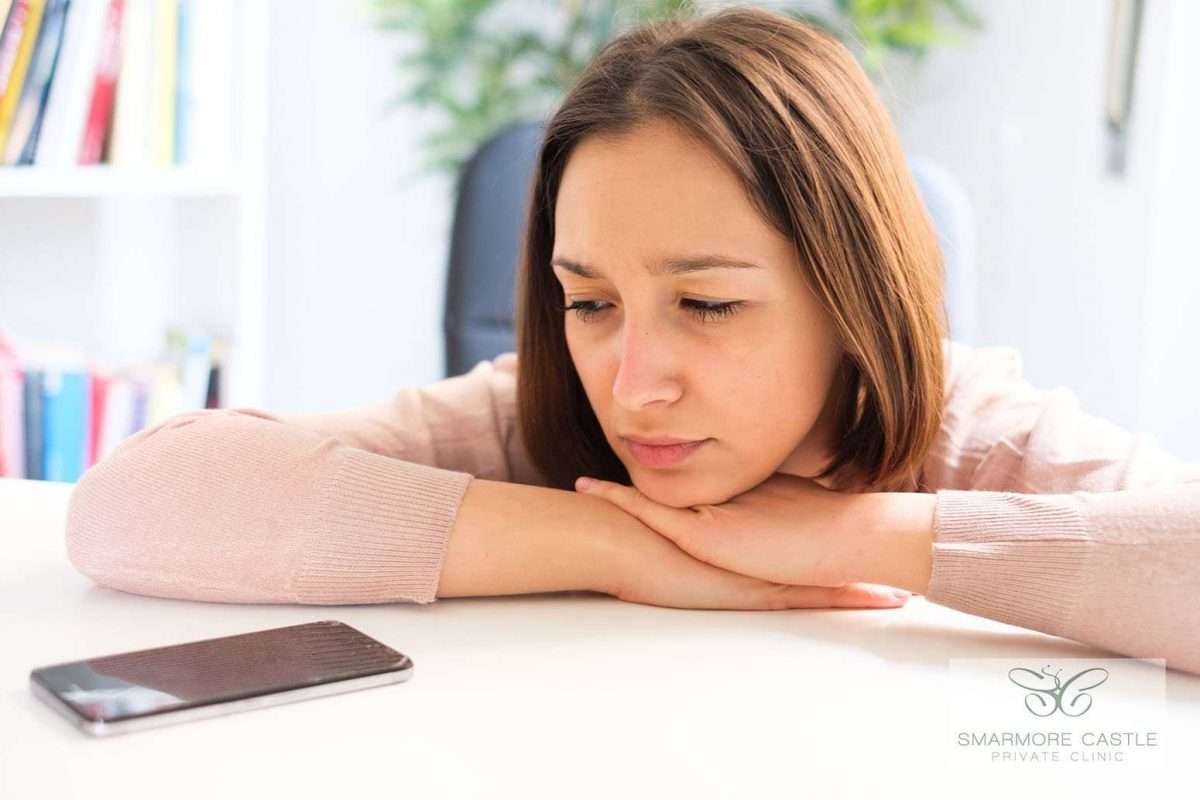Table of Contents

Download our Brochure
Do I Have a Love Addiction? What Are the Signs and Symptoms
- Needing to be in love often
- Putting a romantic partner on a pedestal
- Obsessing over a romantic interest or experiencing cravings, withdrawals, euphoria with their partner
- Needing to fall in love often, and above all else
- Chasing unrequited love or an inability to be alone
- Do you spend a lot of time or effort on a particular person?
- Do you find yourself often neglecting to care for yourself or abandoning important aspects of your life to stay better connected to the object of your affection?
If you’ve answered yes to many of the above, then you might be suffering from love addiction.
Once this addiction sets in, it can constantly affect your behaviours and negatively impact your mental health.

Free Love Addiction Assessments
Perhaps we can shed some light on why you act this way and what can be done, right here in Ireland.
Our understanding admissions team can assess your case and identify whether it needs to be reviewed by a psychiatrist or not.
So, if you suspect that you might be suffering from pathological love addiction, then schedule a FREE 30-minute love addiction assessment with us right now.
When Love Becomes an Addiction
An addiction to love involves a physical and mental inability to stop a behaviour or craving, despite the negative consequences and the hurt it can cause you.
It is about a lack of control.
The addiction is causing you to act in a way that could be very dangerous, but you cannot stop.
You will know if it has got out of hand by the amount of shame you have around your behaviour and the level of craving you have to repeat it, regardless of cost.
You may find yourself racked with guilt and asking questions like “Why can’t I stop? What am I doing? What is wrong with me?”
However, if you find yourself thinking ‘sometimes I do obsess a bit’ then perhaps you are just more romantically orientated than others. The likelihood is that this is harmless.

Love Addiction, Pleasure or Pain, Romance or Affirmation
Love addiction is associated with pleasure, but also intense suffering.
It is the belief that life’s joys and happiness are just around the corner, in the next great love of your life. This love can be for anyone, not just potential partners.
Love addiction does not always pertain to romantic or sexual relationships.
For some, love addiction can appear with friends, children, sponsors, religious figures and even people like celebrities.
Love Addiction Is Different
What defines a love addict is their core fantasy and expectation, and the belief that someone else can be the answer to their problems.
At a core level, that ‘person’ will fix what is broken inside, fill their void, and never leave.
A person addicted to love often expects the other person to provide them with unconditional love, positive regard always, and most importantly, to take care of them forever.
Love addiction differs from sex addiction or psychotic disorders.
When these unrealistic needs are not met, those suffering from a love addiction can become resentful and create conflict in their relationships.
Anger and rage occur when the person is left single or alone again. The fear of abandonment becomes self-fulfilling as partners are pushed away by unreasonable demands.
Quick Assessment & Admissions

Remember There’s Nothing Bad About You, You Are Ill
When it comes to an addiction to love, there’s nothing to be ashamed of.
Many people develop these addictions to shield themselves from intolerable and painful feelings. It is a coping mechanism that perhaps made sense once, but has now taken on a destructive life of its own.
A love addict who is not involved in addictive behaviour can usually manage their life and take care of themselves.
However, there is that sense of a hole in the soul, a sense that something is missing. “I cannot look after myself, someone else can and should.”
When they do become involved with others, their self-care capacity will gradually and steadily decline as they look to the other person to provide for all of their needs.
Other Symptoms of a Love Addiction According to Our Psychiatric Experts:
- Lack of control
- Renouncement of other regular interests and behaviours
- Your love feels uncertain, external, blind and beyond your control [2]
- The need to be loved permeates your life
- You constantly feel anxious that your loved one is going to leave you
- You shy away from emotional intimacy (love addiction often manifests as obsession or avoidance)
- You can’t stop thinking about a certain individual
- Your loved one is the only thing that makes you feel good about life
- Your relationships show the same pattern of behaviour
- You have strong co-dependency issues
Here at our highly-rated rehab in Ireland, we know that people only seek help with their addiction when it becomes unmanageable – when the pain becomes too great.
However, evidence shows that the sooner you seek help, the quicker you can overcome your addiction and get back on your feet.

Dual Diagnosis
If there’s one thing we know, it’s that those affected by love addiction are, often affected by other addictions like drink or drugs.
It is not uncommon for people to turn to a substance to cope with their negative emotions as a result of not receiving the validation they want from their love interest.
Also, people who struggle with love addiction often have unresolved childhood trauma issues.
If you are already struggling with love addiction and taking drugs or alcohol to cope, then we would seriously recommend getting help.
Through our combination of evidence-based therapies, Smarmore can help you heal and get your life back on track.
Healing
Research and evidence show us that people often develop a love addiction due to unhappy past relationships and/or trauma.
For example, a history of abandonment by primary caregivers can be enough to encourage these kinds of behaviours.
Negative thought patterns can turn into real beliefs if they are practised enough.
“What may have begun as childlike fantasising can mature into ‘acting out’ in adulthood.”
Adults who suffer from love addiction are usually recognised as children who have an excessive need for validation, love and connection.
This can stem from one or both parents not meeting early-year needs for love and nurture.
When such needs are handed over to non-parental figures such as foster carers, it can sometimes lead to feelings of abandonment and low self-worth.
Often, love addicts are adult children of alcoholics.
“If pathological love is an addiction, then it must be a behavioural addiction.”
This can dramatically affect their self-esteem in adult life and results in a conscious fear of abandonment, fear of being alone, and an underlying subconscious fear of real intimacy.
In love addiction, intensity in a relationship is often mistaken for intimacy. It’s all about the drama, not the substance of a relationship – that is the fix.
There appears to be “abundant behavioural, neurochemical, and neuroimaging evidence to support the claim that love is [or could be] an addiction, in much the same way that chronic drug-seeking behaviour can signal an addiction.
Getting Better and Being the Best Version of Yourself
As with any addiction, recovery from love addiction is often a process of self-discovery.
Alongside prescribed cognitive behavioural therapies that can help you change the thought patterns and beliefs which result in self-destructive behaviours.
To overcome your love addiction, you will be required to take specific steps:
- Breakthrough denial
- Face and accept the addiction
- Own the harmful consequences
- Take responsibility for change, to stop the addictive cycle from continuing.
Ultimately, those addicted to love may need to enter a grieving process, which will address any underlying emotional pain that lies at the core of their addiction.

Working Together For Your Recovery
Setting Boundaries Begins Here
Help is there if you know where to look. 12-step Fellowship meetings like Sex & Love Addicts Anonymous can provide local support for you to engage in the healing phase of your recovery and help you to learn new habits.
However, as mentioned above, those who are taking drugs or drinking alcohol alongside their behavioural addiction may need professional and medical help to overcome their addictive behaviours.
You can’t do it alone – and you don’t have to.
Sex and Love Addiction Advice
- Extreme Behaviours in Love Addiction
- Levels of Sex Addiction
- Relapse Prevention for Sex Addiction
- Treatment Programmes for Sex and Love Addiction
Sources
[1]. Sussman, S. (2010). Love addiction: Definition, etiology, treatment. Sexual Addiction & Compulsivity, 17, 31-45. More.
[2]. Sanches, M., & John, V. P. (2019). Treatment of love addiction: Current status and perspectives. European Journal of Psychiatry, 33, 38-44. More.
[3]. Psychology Today (2010) What is Love Addiction? More.
[4]. Earp, B. D., Wudarczyk, O. A., Foddy, B., & Savulescu, J. (2017). Addicted to love: What is love addiction and when should it be treated? Philosophy, Psychiatry, & Psychology, 24, 77-92. More.
